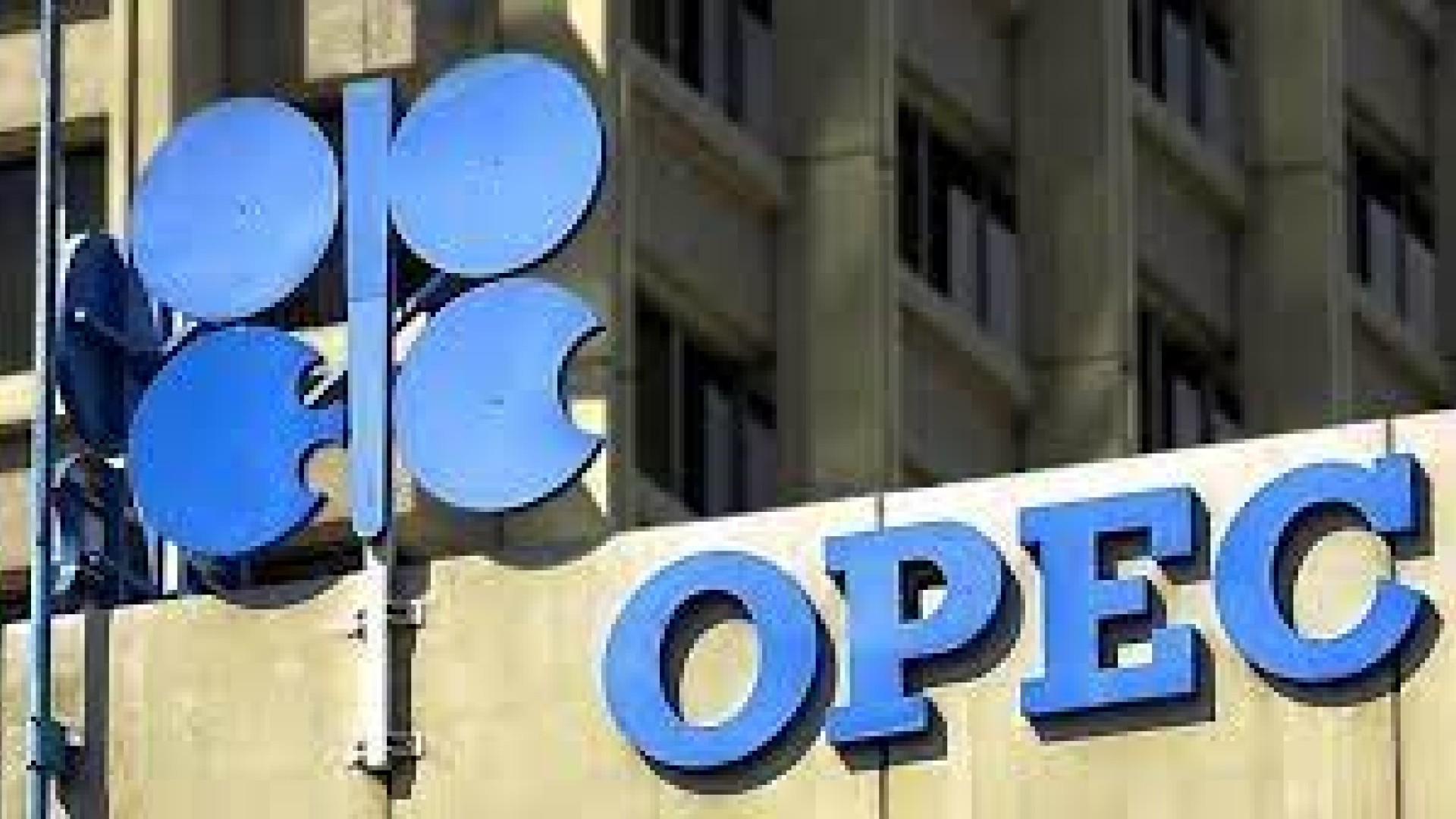OPEC Raises Forecast of Global Oil Demand, Peak Crude Demand Still Away

OPEC, the oil-producing consortium, has just released its latest projections for global oil demand, and it's good news for the industry. The organization predicts that global demand will continue to rise, reaching a staggering 116 million barrels per day (bpd) by 2045. This represents an increase of 6 million bpd compared to their previous estimate. However, this projection has ignited a debate with the International Energy Agency (IEA) about the concept of peak oil demand.
Investment Required to Meet Growing Demand
To meet this increased demand, OPEC states that a massive $14 trillion investment in the crude sector will be necessary. This figure averages out to $610 billion per year, emphasizing the magnitude of the task at hand. However, they stress the importance of meeting these investment requirements, as it will benefit both consumers and producers in the long run.
OPEC believes that much of this growth in demand will come from emerging economies, such as India, China, and other Asian countries, as well as Africa and the Middle East. The rise in demand from these regions presents significant opportunities for the oil industry.
OPEC vs. IEA: Clash of Forecasts
The IEA, the world's primary energy watchdog, holds a contrasting view to OPEC's forecast. They recently declared that the world is at the "beginning of the end" of the fossil fuel era, asserting that the demand for coal, oil, and gas will all peak before 2030. This is in line with the global shift towards renewable energy and climate policies.
OPEC has strongly criticized the IEA's forecast, calling it "extremely risky" and "impractical." They argue that such a decline in demand would have detrimental effects on the energy industry and the economy as a whole. The tension between OPEC and the IEA has intensified in recent years, reflecting their differing outlooks on the future of the oil market.
Importance of Pragmatic Solutions
The clash between OPEC and the IEA highlights the need for pragmatic and realistic solutions to address the energy transition. Rather than completely halting investments in new oil projects, OPEC emphasizes the importance of finding a balance between renewable energy and the continued demand for oil. It is essential to avoid drastic disruption and ensure a smooth transition to a more sustainable energy future.
Conclusion
The debate between OPEC and the IEA on the future of oil demand continues. While OPEC envisions a significant increase in demand over the coming decades, the IEA predicts a decline driven by renewable energy and climate policies. Both perspectives have their merits, and finding a middle ground will be crucial. Ultimately, the energy industry must adapt to meet the challenges of a changing world while ensuring stability and sustainability.
Read more
-
USA
Exxon Mobil on the Verge of a Groundbreaking Acquisition?
Exxon Mobil is poised to make waves with its potential acquisition of Pioneer Natural Resources in a jaw-dropping $60 billion deal. The implications are massive, with Exxon Mobil positioning itself as the leading producer in the U.S. oil basin and potentially reshaping the entire industry. However, hurdles still remain, making this a deal to watch closely. Stay tuned for updates on this game-changing development.
-
USA
JPMorgan Revolutionizes Collateral Management with Tokenized Collateral Network
Discover how JPMorgan's Tokenized Collateral Network (TCN) is revolutionizing the way collateral is utilized in financial transactions, leveraging blockchain technology to enhance liquidity, security, and efficiency. Explore the first trade executed through TCN by JPMorgan, BlackRock, and Barclays, and gain insights into Onyx by JPMorgan's transformative initiatives in the blockchain arena. Learn how TCN is shaping the future of collateral management, unlocking opportunities for a more secure and streamlined financial landscape.
-
Bitcoin
The Anticipation Builds: Binance CEO Predicts Bitcoin's New All-Time High in 2025
Buckle up for a wild ride! Binance CEO predicts Bitcoin won't hit new all-time high until 2025. Discover the expectations, emotions, and challenges surrounding the upcoming Bitcoin halving, and explore the potential for a subsequent bull run. Learn how historical patterns provide insights into the future of Bitcoin, while understanding that the market is unpredictable. Get ready to navigate the twists and turns of the ever-evolving cryptocurrency world.




